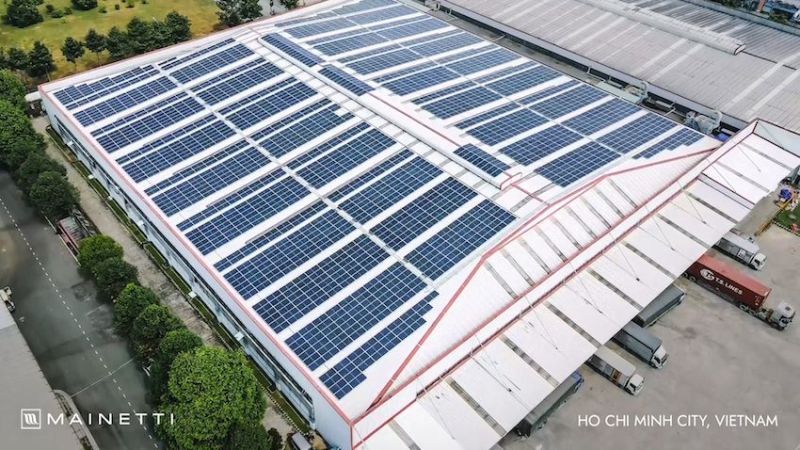As we reach this year’s halfway point, we have already witnessed the swinging pendulum of good and bad news when it comes to updates on climate change. In March, the climate report published by the IPCC (The Intergovernmental Panel on Climate Change) stated there is little chance of keeping the world from warming by more than 1.5C because the world has already warmed to 1.1C. According to experts, this is likely to reach 1.5C in the 2030s however, the report’s conclusion stated that urgent climate action can secure a liveable future for all.
In contrast, a recent report from the IEA (International Energy Agency) revealed that solar power investment is set to outstrip spending on oil production this year for the first time, highlighting “a surge in clean energy development that will help curb global emissions if this trend continues”. This good news gives us a chance of keeping the 1.5C goal alive.
Government investment is vital
As the news pendulum swings, one thing is clear – we cannot relax our efforts in keeping CO2 emissions in check. Although the UK is considered a world leader in its net zero efforts, we must go further and do it faster. This is especially important with key policies announced in the last year by the EU and US, specifically REPowerEU and the US Inflation Reduction Act, which both aim to accelerate renewable electricity and deployment in the coming years. In fact, the IEA credit the US IRA in promoting the increased investment in renewables.
The UK Government recently announced a £30 million boost to develop technology that will help to capture and store more renewable energy for longer. This technology is essential if we are to achieve energy security and efficiency, however, more investment is needed to speed up this transition.

Time to press fast forward on net zero efforts
There are multiple benefits to utilising renewable energy, the most important being that it emits no or low greenhouse gases which is good for the planet and good for our health. Installation costs are falling year on year and onsite generation where possible protects from the huge spikes in energy prices we have seen in 2022 and 2023 resulting from the uncertainty of supply caused by the war in Ukraine.
For those organisations who do not yet have a decarbonisation strategy, getting started may be daunting, but we must act now. Consider some of these tips to speed up your strategy or to get you started:
• It’s important to recognise that it’s a long-term process. Develop a phased approach to stop it being overwhelming. Since 2018, Mainetti has adopted a phased approach to the installation of solar panels worldwide. Currently over half (58.7%) of the energy used by the group is renewable; the aim is to increase this to 80% by 2025 and 100% by 2030.
• It’s vital to have accurate and consistent measurements so you can set realistic targets – what you cannot measure, you cannot improve. Look for external help as measurement can be difficult and independent, third party verification lends more weight.
• Understand that there is no one ‘right way’ to decarbonise your organisation. Your strategy must fit your business model and must evolve with it. For example, at Mainetti, we developed a four stage plan to decarbonise our operations that was related mainly to reducing our electricity usage and limiting travel. In addition, we utilise onsite renewables where possible, choose green tariffs and purchase energy attribute certificates.
• Lead from the top but listen to employees, it must be a collective effort. Make the strategy and goals clear, benchmark and communicate them often.
• There are many things you and your team can easily do such as switching off lights and equipment when you are not using them, but for other things you may require help. Get involved in organisations such as The Ellen MacArthur Foundation, who develop and promote ideas around the circular economy. You will learn best practice and can cooperate and bring about real change. A great example of this is the WRAP Collaborative project in the US to promote water reuse practices.
We should be encouraged that the decarbonisation of the power sector is well underway, and it will be a major milestone reached when the sector’s emissions begin to fall year-on-year. But, the world is not there yet, we have to continue the momentum until we reach net zero.
Author: Keith Charlton, Chief Operations Officer at Mainetti based in the UK.




